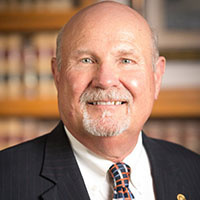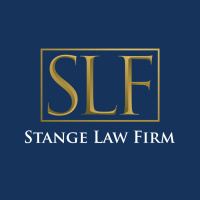Kingfisher RICO Act Lawyer, Oklahoma
Sponsored Law Firm
-
 x
x

Click For More Info:
-
The Law Offices of Richard L. Cooper, P.A.
848 Brickell Avenue Suite 800 Miami, FL 33131» view mapDWI/DUI, Drug Trafficking, Felony Nationally Ranked Top 40 Under 40
With Richard L. Cooper you can expect a trusted confidant who will work diligently to fully understand your case and determine a road map to help you regain control of your life.
800-756-2781
Not enough matches for Kingfisher RICO Act lawyer.
Below are all Kingfisher Criminal lawyers.
Fletcher D Handley
✓ VERIFIEDFletcher Dal Handley, Jr., is a civil justice attorney with The Handley Law Center in Oklahoma. His practice is focused on Personal Injury Law, repres... (more)
Stange Law Firm, PC
✓ VERIFIEDGoing through a divorce or family law matter can be an emotional time. You may feel betrayed, lost or overwhelmed. Having an attorney that can relate ... (more)
Randy Bumgarner
✓ VERIFIED
Bill Molinsky
FREE CONSULTATION
CONTACTGeorge William Velotta
FREE CONSULTATION
CONTACTFREE CONSULTATION
CONTACTScott D. Harris
FREE CONSULTATION
CONTACTFREE CONSULTATION
CONTACT
 Richard L. Cooper Miami, FL
Richard L. Cooper Miami, FL AboutMiami Attorney at Law
AboutMiami Attorney at Law ServicesCriminal Defense
ServicesCriminal Defense



